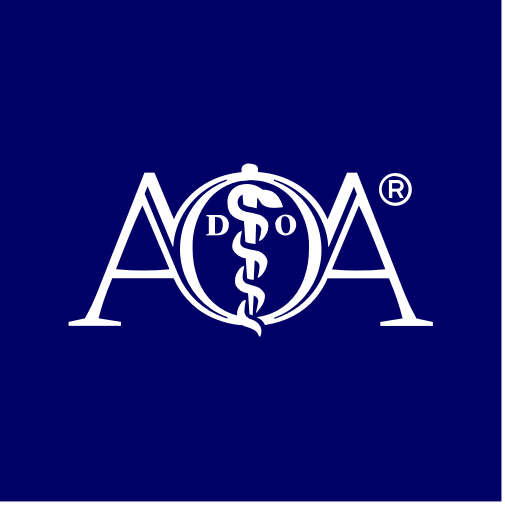
COURSE CREDITS & HOURS
16 AMA PRA Category 1 Credits™16 ACPE Credits
16.0 Contact Hours
16 ADA CERP Credits
COURSE FEES
$795.00 for Physician Assistants, Nurse Practitioners, and Dental Hygenists
$595.00 for Nurses, Students, Staff, & Others
TARGET AUDIENCE
PROGRAM PURPOSE
- A Brief Look at the History of Medicine: Can the Dead Teach the Living?
- Discover that challenges we currently face today are not so new.
- Identify competent and compassionate approach to challenging clinical scenarios
- Dermatologic Emergencies and Urgencies
- Better Identify patients with life threatening skin disorders
- Diagnostic Dilemmas: What Does This Patient Have? Case Files
- Diagnose those with protean symptoms or signs, with an emphasis on life threatening, catastrophic disorders
- "Serenity Now": Caring for Addicts and their Families
- Recognize opportunities to intervene in helping patients and their families who suffer from addiction
- The Latest UTI Guidelines - What's New?
- Diagnose and treat those with urinary tract infections
- Office Evaluation of Abdominal Pain
- Interpret the subtle symptoms and signs of serious abdominal pain
- The Secret in the Care of the Patient - Without Getting "Your Hands Cut Off"
- Discover how to avoid malpractice by choosing good practices which will be clearly identified using concrete examples
- Healthcare Stories
- Appreciate the privilege inherent in caring for our patients and how it strengthens feelings of self-worth and joy
- A dignified approach: legal issues in healthcare led with an empathic, trauma-informed and human-centered focus
- Discuss differences between trauma-informed and empathic approaches as compared to traditional processes used in responding to misconduct and fitness to practice issues
- Develop an increased awareness of more human-centered practices which are still legally valid and appropriate
- Practical application of trauma-informed and human-centered approaches to issues of fitness to practice
- Develop increased understanding and awareness about processes and steps involved when involved in or reporting a fitness to practice issue
- Discuss how the process is best approached with trauma-informed and human-centered practices.
- Do no further harm: sexual misconduct complaints
- Discuss the prevalence and uniqueness of sexual misconduct, why sexual misconduct complaints are different from other forms of misconduct, and considerations for address and responding appropriately including safety, support and trauma-informed approaches.
- Procedural fairness and due process: legal and practical considerations for conducting, overseeing and developing complaint investigation processes
- Discuss due process and procedural fairness, fundamental legal principles involved in investigations and complaint processes
Discuss why utilizing independent, third-party investigators helps with legal defensibility and objectivity in investigations
- Cultural and psychological safety and humility: principles and practical considerations
- Discuss the principles of cultural safety and humility, and practical strategies for inclusion of those in their practices across healthcare professions
- Develop awareness of legal developments in other jurisdictions which tie those principles to law, and how they connect with trauma-informed and human-centered approaches.
- Words matter: Strategies for leading communications with empathy, trauma-informed and human-centered practices
- Consider what communications with trauma-informed and human-centered look like compared with more formalistic language styles
- Risky Business: potential cost and consequences of complaints
- Develop increased awareness about the various risks associated with complaints, including reputational, legal, financial and emotional
- Identify how risks are closely tied to strategies for prevention and mitigation of complaints
- An ounce of prevention: strategies for mitigating and preventing complaints
- Utilize previous sessions on trauma-informed approaches, investigations, communication and other best practices in business and healthcare to assist with prevention of complaints against healthcare professionals and organizations
- Define what ADR is and how it can be used




























































